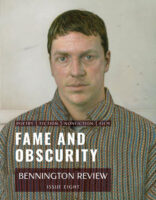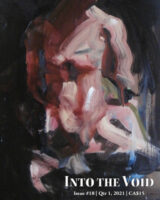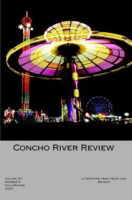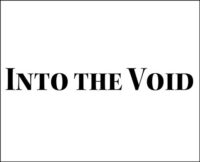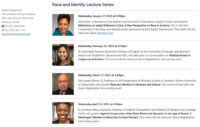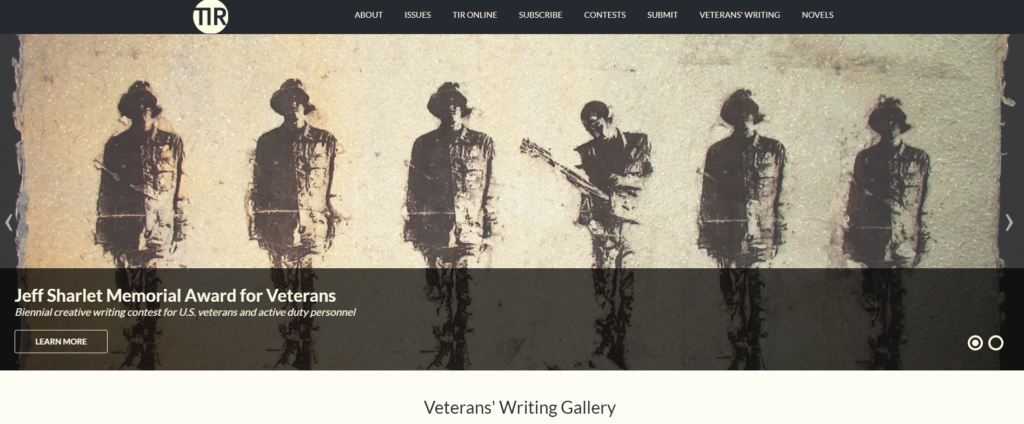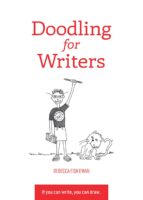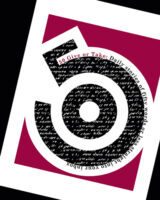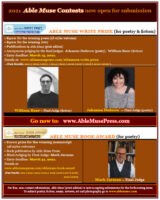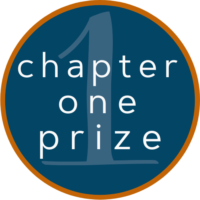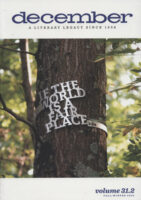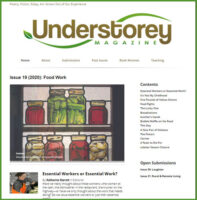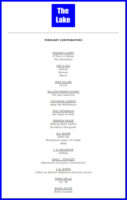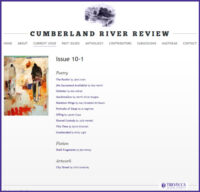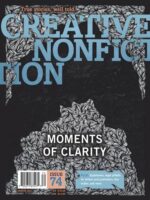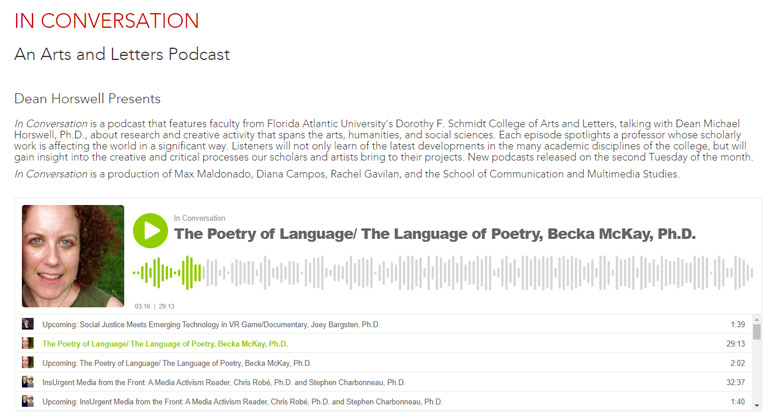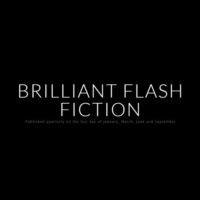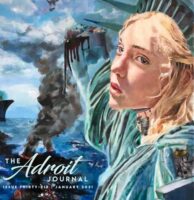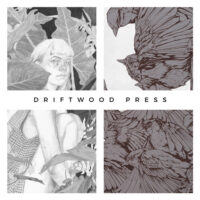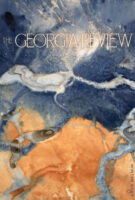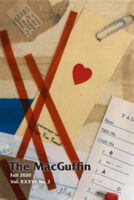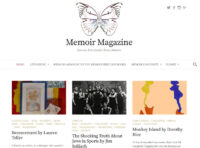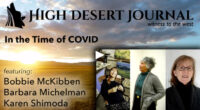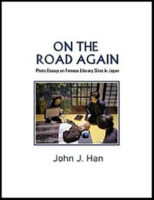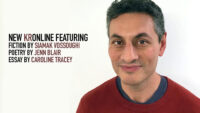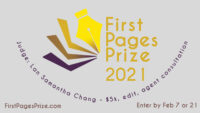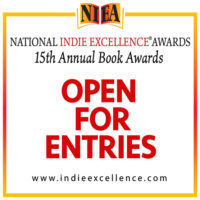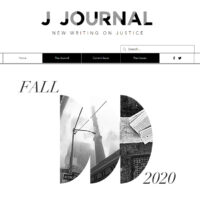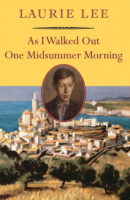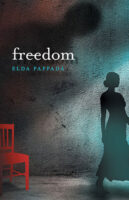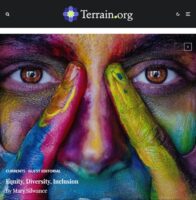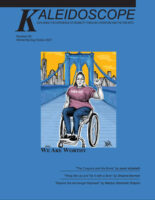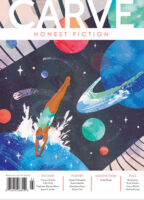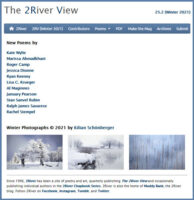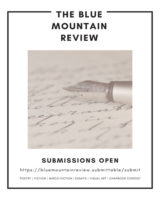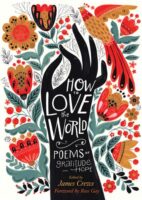
Guest Post by Padmaja Reddy.
A beautiful collection of poems, How to Love the World is a true pleasure to read.
The poems seem to be written by the hearts that view the world through the lens of kindness. Poems that reflect on “Joy of Presence,” “Small Victories,” “Pieces of Heaven” and other modes of positive outlooks.
The love of a father and his desire to see his kid painted so vividly in such a short poem (“Bus Stop”). Another father appears “taking care [of his daughter] in full silence and secrecy.” He loves her even when she is lost in sleep. Such beautiful images of love and bonding.
Readers can see an optimistic parent believing in the goodness of the world in the words of January Gill O’Neil “and wonder who could mistake him for anything but good.” The speaker also fears “for his safety—the darkest child on our street in the empire of blocks.”
Rain sounds different and appears as remembered wisdom in “Praise of Darkness.” We imagine ourselves as immortal in bright summer nights and learn to love both ordinary and extra in “Perceptive Prayer.”
Poetic expressions like “Hope doesn’t know its destination”; “Tomorrow the world will begin again, another fresh start”; “A letting go of one thing, to fall into other”; “A girl of color is a light house”; “A day that began like a gift”; and “the decades of side-by-side, our great good luck” fill hearts with warm joy and bliss.
“My Daughter’s Singing,” “Fifteen Years Later, I See How It Went,” “Kindergarten Studies the Human Heart,” “Held Open,” and “The Lesson of the Falling Leaves” are among some of my favorite poems.
To sum up aptly, “Glad to be in this place, this life and to read this book” as in the poem of “Astral Chorus.”
How to Love the World: Poems of Gratitude and Hope edited by James Crews. Storey Publishing, April 2021.
Reviewer bio: Padmaja Reddy, originally from India, lives in Connecticut. She received an MA in English Literature from SK University. Former journalist and she published poetry and book reviews in various publications like Yale Review of Books, NewPages.
Buy this book from our affiliate Bookshop.org.
 Deadline: After 80 submissions received
Deadline: After 80 submissions received
